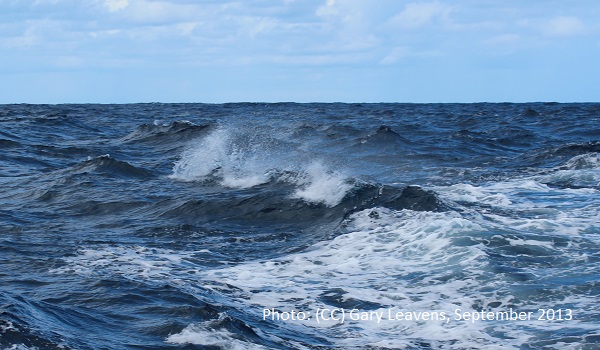At least 18 lives have been lost at sea as an emerging trend of January as a busy – and deadly – month on the Canary route continues. The “reactivation” of this route over the last two years has been linked to increased policing of other routes and accordingly the shifting tactics of smugglers. Morocco’s engagement in European migration prevention continued last year, when the North African state stopped more than 12,000 people from embarking on journeys to Spain. Early demographic analysis of Canary arrivals so far this year suggests women are increasingly risking their lives at sea.
Analysis of the movement on the Atlantic route over the past three years shows that while the most intense period for rescues is the last quarter of the year, January is becoming a busy month. Txema Santana, a journalist closely monitoring the route, notes this is driven by the fact that “there remain few or no possibilities to emigrate in another way”. Unfavourable weather conditions at this time of year and increasing use of inflatable boats mean the uptick in journeys also generates more deaths. On 26 January, 18 people lost their lives in a boat carrying 27 people. The same day, the civil rescue service Salvamento Marítimo rescued 319 people, among them 50 women and 24 children. Spanish rescuers saved the lives of more than 600 people off the Canaries between 22 and 24 January. This included 445 people rescued during the weekend, 221 of whom contacted the activist hotline Alarm Phone when their boats ran into trouble at sea. On 24 January, 150 people arrived on the islands after being rescued from 4 boats. The Canaries have recorded the arrival of more than 2,400 people so far in 2022.
The “reactivation” of this route over the last two years has been linked to a doubling-down in EU-led migration prevention efforts across North Africa and the Mediterranean. Prior to 2020, numbers on the Canary route had been consistently low after the dramatic peak registered in 2006. Retrospective analysis has linked the drop in arrivals over this period to a series of agreements Spain has signed with Mauritania and Senegal. However, according to migration analyst Aldo Liga, arrivals increased again after Italy and Libya signed an updated memorandum of understanding on migration control in 2017. Spain also has numerous agreements with Morocco, which have been an effective tool in limiting access through the enclaves of Ceuta and Melilla. Liga however says these only drove the Canary route further south, as: “smugglers organised for boats to depart from the southern Moroccan coasts, near Western Sahara, which are less policed than those to the north”. Indeed, many of the first journeys in 2022 took place from the south of Morocco, Mauritania and Senegal, areas described as “less guarded” by authorities.
In the context of ongoing cooperation with Spain, Morocco say they blocked 12,331 people on the move from reaching Europe in 2021. According to the General Directorate for National Security, last year authorities stopped “415 smugglers, destroyed 150 criminal networks, seized 67 rubber boats, 45 engines”. Morocco is deemed a “priority partner” for European migration control, with the EU providing the North African state with more than 13 billion euro of funding since 2007. Critics argue that, in light of the large sums exchanging hands, Spanish-Moroccan migration control warrants “closer scrutiny”.
The first weeks of 2022 on the Atlantic route are mirroring demographic trends seen in 2021 of an increase in women forced to take dangerous journeys. In 2020, women made up 5 per cent of arrivals to the Canaries. In 2021, this increased steeply to 14 per cent. So far this year, 15 per cent of people arriving have been female. According to the UN’s Committee on the Elimination of All Forms of Discrimination against Women (CEDAW), three of the main drivers of women’s journeys from sub-Saharan Africa are gender-based violence, forced marriage and female genital mutilation (FMG).
For further information:
- ECRE, Atlantic Route and Spain: Court Rejects Complaint on Reception Failings, ‘Smart’ Borders Risk Reinforcing Racism, Tragedy at Sea Driven by Sahel Displacement, January 2022
- ECRE, Atlantic Route and Spain: One in Five Canary Route Journeys End Deadly, Spanish Rescue Service Restarts Reporting, Law Reform Lets Young New Arrivals Work, January 2022
Photo: (CC) Gary Leavens, September 2013
This article appeared in the ECRE Weekly Bulletin. You can subscribe to the Weekly Bulletin here.

